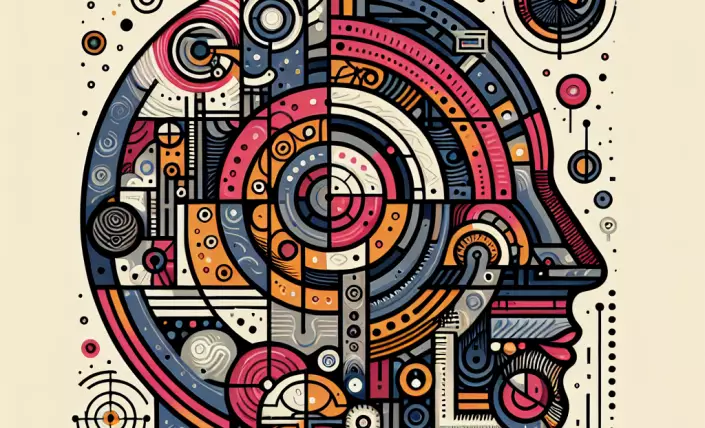In the labyrinth of human understanding, the philosophical contributions of John Locke have long provided a guiding light. Locke's seminal work, 'An Essay Concerning Human Understanding,' delves into the nature of knowledge and how humans acquire it. At the heart of his philosophy lies the concept of tabula rasa, the idea that individuals are born as blank slates, with knowledge and understanding emerging from sensory experiences. This notion challenges us to reflect on the profound impact that our environment and experiences have on our beliefs, perceptions, and ultimately, our personal identities.
Locke's emphasis on empirical evidence and sensory experience as the foundation of knowledge raises important questions about the nature of human perception and understanding. It suggests that our beliefs and ideas are not innate but rather constructed through our interactions with the world. This perspective encourages us to critically evaluate the information we receive and to consider how our environment shapes our thoughts and behaviors. By acknowledging the role of experience in shaping our understanding, we can become more open-minded and adaptable, recognizing that our beliefs may evolve as we encounter new information and perspectives.
Moreover, Locke's ideas prompt us to consider the implications of our sensory experiences on our personal development and interactions with others. If our understanding is shaped by our experiences, then it follows that our perceptions of reality are inherently subjective. This realization can foster greater empathy and tolerance, as we come to appreciate that others' perspectives are shaped by their unique experiences. By embracing Locke's philosophy, we are encouraged to seek diverse experiences and engage with different viewpoints, ultimately enriching our understanding of the world and our place within it. As we navigate the complexities of modern life, Locke's insights remind us of the importance of reflection and open-mindedness in our ongoing quest for knowledge and understanding.










